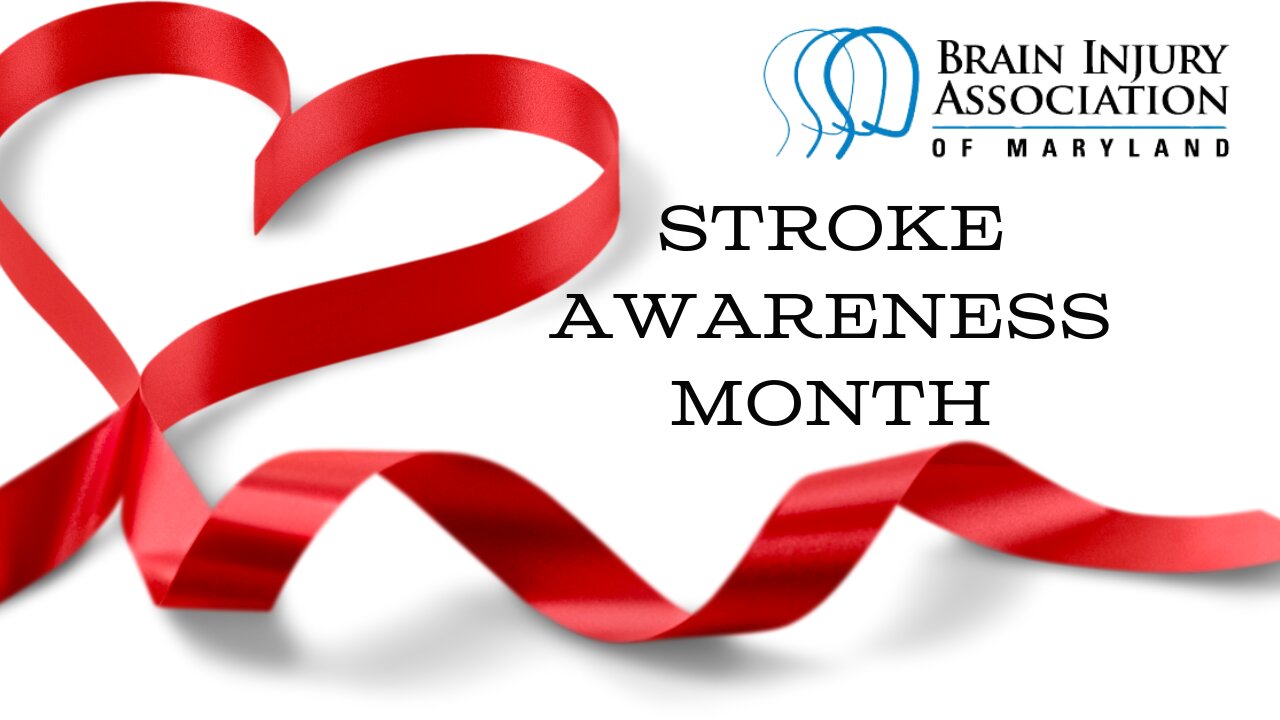 Riviera Beach
Riviera BeachMostly Cloudy, 74°
Wind: 12.7 mph, N
 Riviera Beach
Riviera Beach

“Stroke” can be a daunting word, but do we really understand what it means? Knowing more about strokes, how to spot them and how to aid in preventing them could make a lifesaving difference.
Think of your brain as the control center for your entire body. A stroke happens when something cuts off the blood supply to part of your brain. It could be a clot blocking a blood vessel or a burst blood vessel unable to get vital blood to a portion of your brain and creating pressure between your brain and your skull.
Either way, your brain cells are starved of oxygen and can start to die within minutes. That's why acting fast is so crucial, and why Anne Arundel County has worked so hard to earn a “Stroke Smart” designation.
The FAST acronym is your best friend. It could save your life or the life of someone you love:
F - Face Drooping: Does one side of the face look saggy or numb? Ask the person to smile and see if it's lopsided.
A - Arm Weakness: Can the person lift both arms and keep them up? Or does one arm start to fall?
S - Speech Difficulty: Is their speech slurred, jumbled or hard to understand?
T - Time to Call 911: If you see any of these signs, don't waste a second. Call 911 immediately!
Pay attention to sudden changes such as:
Strokes can be scary, but many can be prevented by following these steps:
Strokes can happen at any age, so be proactive, know the signs, and act fast to protect yourself and those you love.
Bryan Pugh is the executive director of the Brain Injury Association of Maryland (BIAMD) – now in its 41st year of serving Maryland families confronting the challenges of acquired brain injuries. To learn more about strokes, acquired brain injuries and BIAMD resources/community outreach initiatives, visit www.biamd.org.
Comments
No comments on this item Please log in to comment by clicking here